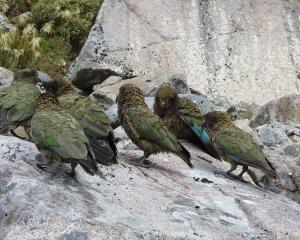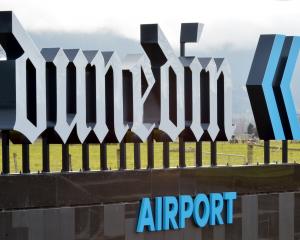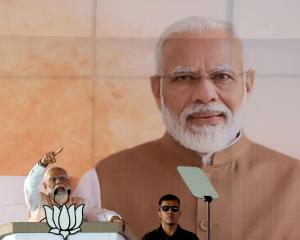Greg Dawes condemns New Zealand's involvement with drone strike ''murders''.
Almost a year ago, I drew readers' attention to the fact our security services may be spying on New Zealanders.
Sadly, it now seems they may be doing much worse.
They may be complicit in extra-judicial killings, acts that violate principles of natural justice and, almost certainly, international law.
If they are supporting such actions - and the prime minister has all but admitted it - our security services have blood on their hands.
What I am talking about is the involvement of the GSCB, the Government's electronic spy agency, in the drone killing programme that for some years has been undertaken by the United States.
Every Tuesday, the US president meets his advisers.
They draw up a list of people deemed to be threats to the nation and its allies and decide which of them is to be killed.
There is no formal trial. Those who are killed are given no opportunity to explain their actions or defend themselves.
Their guilt is simply assumed, on the basis of evidence that is never made public.
Worse still, some individuals are targeted not because there is any specific evidence against them, but because they are associating with people who are presumed guilty or because they are acting in a manner that is deemed suspicious.
Often, the authorities ordering their killing do not even know their names. But they are killed anyway.
How many are killed? It is difficult to know.
The Bureau of Investigative Journalism estimates there have been almost 500 such attacks, in which more than 4000 people have died.
Many of these are civilians and almost 200 of them are children. A Stanford University study in 2012 interviewed more than 130 people in Pakistan, living near the Afghan border.
It showed many are now living in continual fear, never knowing when the drones flying overhead will launch rockets that will kill them or their families.
There might be a case for such killings in the case of a declared war in which enemy combatants can be clearly identified.
It might even be justified if those killed were terrorists preparing an imminent attack and there were no way of bringing them to justice.
But in some areas the US Government has defined as ''combatants'' any male of military age.
Merely looking as though you might be a terrorist is enough to ensure your death and (in many cases) the deaths of your wife and children.
Perhaps, with some stretch of the moral imagination, we could condone such killings in Afghanistan, given that New Zealand forces have been involved in an international operation there.
But there is no case for such killings when they are carried out, as they are, in Pakistan, Yemen, or Somalia, countries with which neither the US nor New Zealand is at war. Are the New Zealand security services assisting with such killings? They may well be.
Our prime minister is certainly unwilling to deny it.
What is particularly striking about such operations is that citizens of the US have themselves been targeted. We now know at least one New Zealand citizen has been killed as well. To condone such actions, as our prime minister does, is to say it is acceptable for a government to decide, without benefit of legal process, which of its citizens is to be killed.
What is New Zealand's involvement in these acts of state-sanctioned murder?
Our soldiers are not sitting in air-conditioned bunkers in Nevada, watching potential targets on video screens and pulling the trigger that launches the missile that kills them.
Nor is our Government, as far as we know, helping to decide who is to be put to death.
But our security services may be passing on information that helps the US to identify its targets.
What does this mean?
It means, as Rudyard Kipling wrote, that ''we are not ruled by murderers, but only - by their friends''. But actually it's worse than that.
We are ruled by people who are prepared actively to assist the murderers.
Actively assisting a murderer is, in most countries (including our own), itself a crime.
There are pragmatic reasons to be worried about this issue, for our complicity in the US attacks is surely damaging our nation's reputation.
New Zealand would like a seat on the UN Security Council, but these revelations will be undermining at least some of the support we might previously have enjoyed. Such arguments, however, fade into insignificance in the face of the moral challenge this issue poses.
There are times when many of us have been proud to be New Zealanders - when we have opposed the spread of nuclear weapons, mobilised to resist the apartheid regime in South Africa, or boldly fronted up to the consequences of our own colonial history.
It would be good to think we could be proud to be New Zealanders once again, standing up for the rule of law and the right of every human being to be heard before being condemned.
But if this is the direction our leaders are taking us, we no longer have reason to be proud.
- Dr Dawes is an associate professor in the department of philosophy at the University of Otago.












